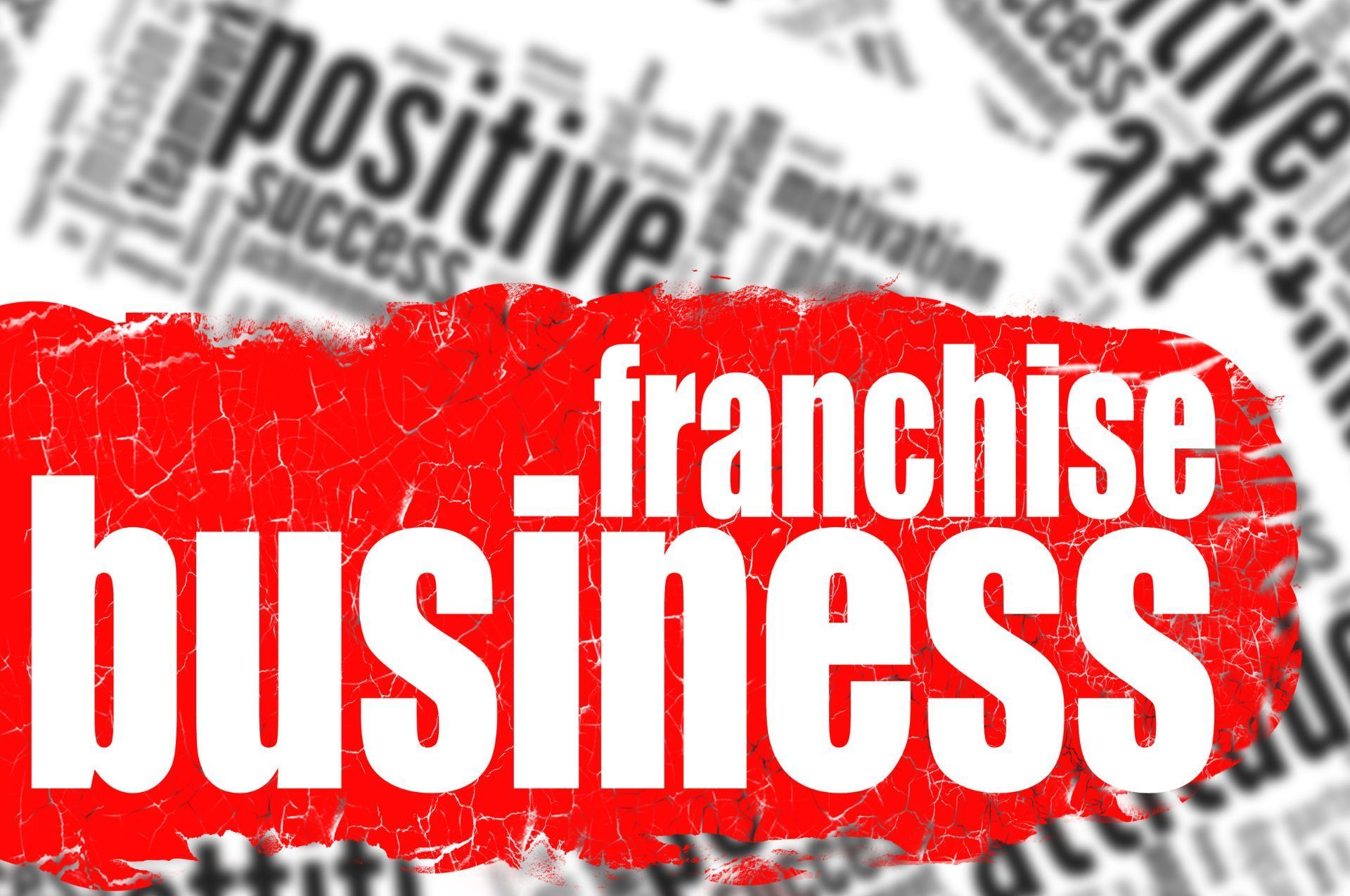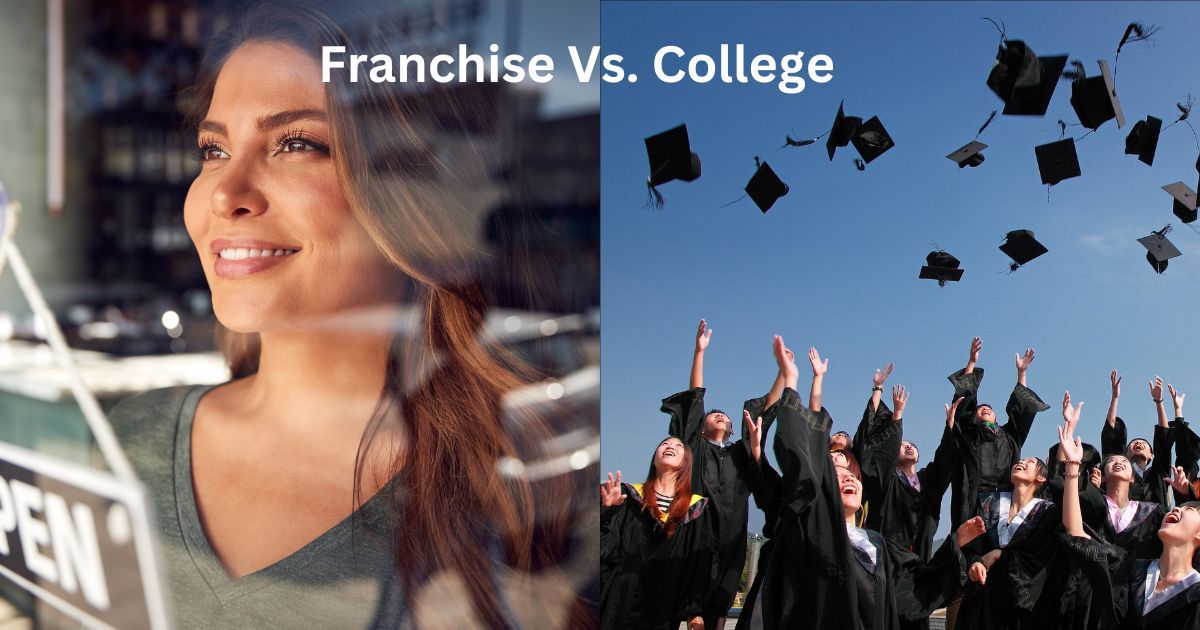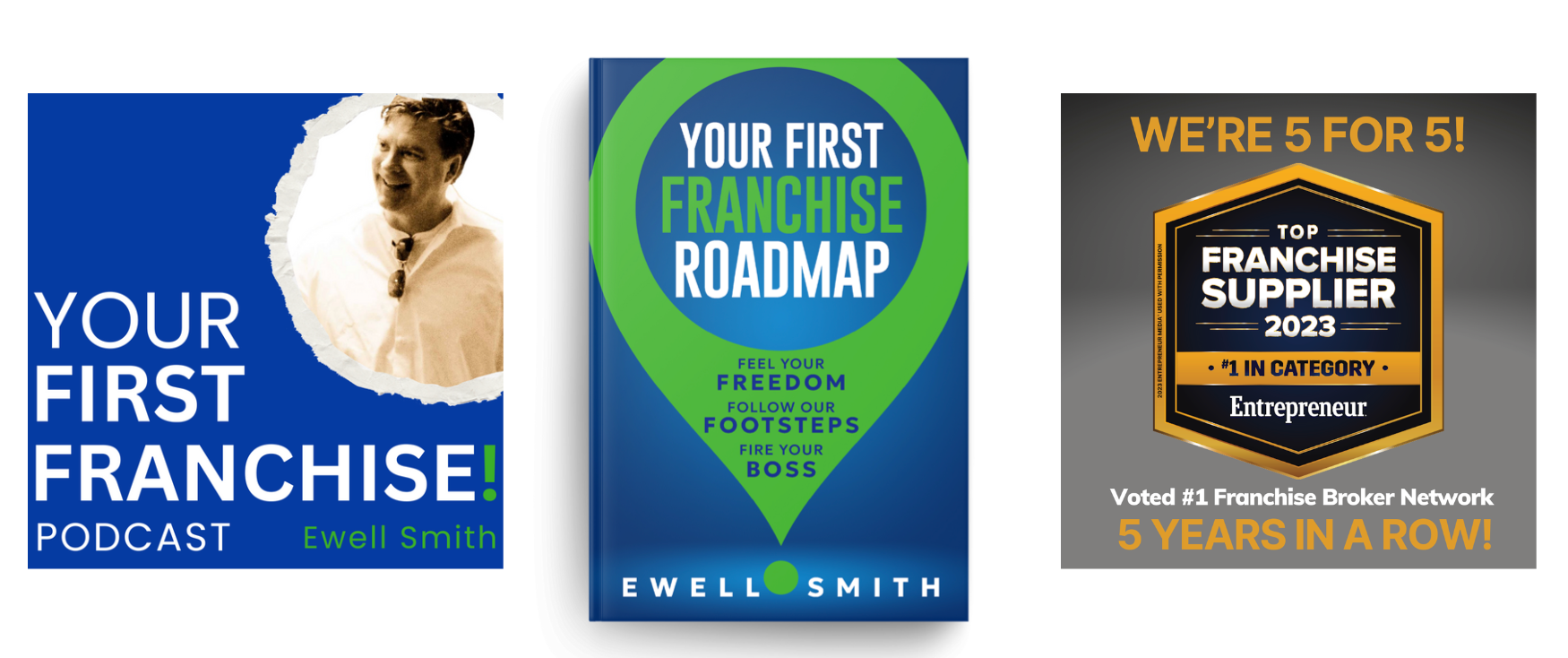Frequently Asked Questions

AI Is Disrupting The Job Market - for Better or for Worse? It happens more often than you think. You’ve built a career over decades—navigating challenges, delivering results, and becoming an invaluable asset to your company. Then, out of nowhere, you're blindsided by a layoff. It feels personal, even though it’s not. It’s the corporate world, where decisions are made in boardrooms, not based on loyalty or contributions. But what if this moment - the one that feels like a setback—could actually be your launchpad to something greater? You’re not alone in this. Just take a look at the latest headlines: White-Collar Job Cuts: Why Middle Management Jobs Are Disappearing - Forbes - Dec 20, 2024 Boeing issues layoff notices as aerospace giant cuts 17,000 jobs - Fox Business - November 13, 2024 Tech Giants Lay Off Thousands in 2024 to Focus on AI in 2025 - CCN – January 17, 2025 The list of major companies laying off staff in the new year, including CNN, Meta, Microsoft, and BP - Business Insider – January 25, 2025 The financial, manufacturing, and tech industries, once symbols of stability, are now reshaping their workforce. These aren’t just numbers on a spreadsheet. These are lives, families, and futures being impacted across the globe. If this is your reality—or you fear it could be—it’s time to reframe the narrative. What if, instead of mourning the loss of a corporate job, you viewed this as the best opportunity you’ve ever had? Let me introduce you to a career path that's been hiding in plain sight. One where your age and experience aren’t liabilities—they’re your greatest strengths. I’m talking about franchising, a path to business ownership that could turn this unexpected twist into the ultimate pivot for your career. Forget Everything You Think You Know About Franchising Let's start by busting some myths. When I mention franchising, you probably picture fast food joints on every corner, right? Maybe you're thinking, "Great, but I can't afford to open a McDonald's." Here's the kicker: most franchises aren't in food at all, and they're far more affordable than you might think. In my years as a franchise consultant, I've helped professionals find opportunities in the $85,000 to $285,000 range. That's a far cry from the millions you might associate with big-name fast food chains. And with financing options like SBA express loans or 401k rollovers, it's within reach for many laid-off professionals. The Hidden Gem: Home-Based Franchises Now, let me introduce you to a sector that's been booming: home-based franchises. We're talking about businesses in high-demand industries like roofing, gutters, painting, plumbing, HVAC, fencing, and lawn care. These aren't just affordable; they're what I call "durable" industries. Why durable? Simple. AI can't paint your house. A computer can't fix your pipes. These are services that will always need a human touch, making them resistant to technological disruption and economic shifts. Heck, many of these industries did exceptionally well during COVID. Age: From Liability to Asset Here's where it gets really interesting, especially if you're in your 40s, 50s, or beyond. In the corporate world, age can unfortunately become a liability. I've had clients tell me heart-wrenching stories of facing subtle (and not-so-subtle) age discrimination during job hunts. But in franchising? Your age and experience are gold. Those years of honing your skills, learning from successes and failures, building professional networks? They're exactly what makes you an attractive candidate to franchisors. You're not starting from scratch; you're leveraging decades of real-world experience. The Mindset Shift: From Employee to Owner Now, let's talk about the biggest transformation I see in my clients. It's not just about owning a business; it's about owning your time and your success. No more waiting for a boss's approval or worrying about the next round of layoffs. You're in the driver's seat. One client put it perfectly: "For the first time in my career, I feel like I'm building something for myself, not just for a corporation that could let me go at any moment." But Isn't Starting a Business Risky? Fair question. Starting any business has its risks. But here's where franchising has a unique advantage: you're not starting from zero. You're stepping into a proven system, complete with training, support, and a roadmap to success. I like to use a football analogy: Starting a business from scratch is like getting the ball on your own 20-yard line and having to run it all the way down the field. Franchising? You're starting in the red zone about to cross the goal line. The plays have been run before, the strategy is tested, and you've got a whole team backing you up. Innovation in Unexpected Places Think franchising is all old-school business models? Think again. Today’s franchises are tech-driven and innovation-focused. For example, I recently showed a client a window cleaning franchise that uses drone technology. They're cleaning 20-story buildings more safely and efficiently than traditional methods. That franchise is capturing jobs others can’t, providing significant savings, and improving safety by eliminating the need for cranes - drastically reducing liability for everyone involved. It's a perfect example of how franchising can put you at the forefront of industry innovation. The Million-Dollar Question Now, the most crucial question you need to ask yourself isn't about money or market trends. It's this: "Is this something I'd genuinely enjoy doing?" I always tell my clients, at the bare minimum, you need to have a real interest in the business. Love what you do, and success is far more likely to follow. A Two-Way Street Here's a misconception I often have to correct: you don't just "buy" a franchise. You invest in one, and it's a two-way street. While you're evaluating franchises, they're also evaluating you. They want to ensure you're a good fit for their brand and culture. It's not just about having the money; it's about having the right mindset and skills to succeed. Your Next Steps If this has piqued your interest, here's what you can do next: Take stock of your skills and interests. What industries genuinely excite you? Research franchise opportunities in those sectors. Look beyond the big names. Speak with a franchise consultant (like myself) who can provide insights and connections. Talk to current franchisees in systems you're interested in. Get the real scoop. Evaluate your financial options. Remember, there are more ways to finance than you might think. Getting laid off can feel like the end of the road. But for many of the professionals I work with, it turns out to be just the beginning. Franchising offers a path to business ownership that leverages your experience, respects your expertise, and could open doors you never knew existed. So, the next time you look at your layoff notice, try seeing it differently. It might just be your ticket to a whole new world of opportunity. A world where your age is an asset, your experience is valued, and your future is in your own hands. At the end of the day, in franchising, you're not starting over - you're starting with a strategic, proven playbook building wealth.

What does it mean to “feed your soul?” It has everything to do with your fulfillment in life and your livelihood. I’m a huge advocate in finding what “feeds your soul.” You'll see why I champion this in a second and how this relates to you... "Feed your soul" meaning Let’s first look at what the “feed your soul” definition is within context of one's life work - your career. Per Miriam Webster’s - “actuating cause of an individual life” Per English Baby - “something that you do which gives meaning and enjoyment to your spirit” Per franchise & funding - engaging in activities that bring deep satisfaction, fulfillment and a sense of purpose. How to neglect your soul - I struggled to get my footing starting out... I started LSU pre-med. Being a Dr./lawyer is what I heard growing up. After flunking my zoology and chemistry classes my freshman year at LSU, I knew the "Dr." path was not for me. So, I defaulted to a Psychology degree. On graduation day, I told my parents, “I’m done with college, forever.” Then reality slapped me in the face. I couldn't find a job. I took the first job I could get waiting tables at Applebees. Recognizing how ill prepared I was with my newly minted degree, I enrolled to get my Masters in Business Administration(MBA). I also landed an internship with the Small Business Development Center consulting with entrepreneurs to "gain experience." The #1 thing that happened to me while in grad school was meeting Jenny. Recognizing how lost I was regarding my career, Jenny taught me the the most valuable lesson I learned – the value of “feeding your soul.” In other words, where did my genuine interests lie? What gave me purpose? I heard what Jenny was saying, but it wasn't sinking in...yet. Upon earning my MBA, I still felt like I had limited options. My mindset was just not there yet. It was deja vu all over again - struggling to find a job. I was even more frustrated after spending two more years in school. I felt like I was spinning my wheels deeper in the mud. Despite Jenny’s guidance, I took an office “job” to have a job. My office was a tiny grey cubicle cell with padded grey walls and thumbtacks. The work that stuffed my inbox every morning did zero to inspire me. My frustration with my career and life was coming to a head. . That job literally sucked the life out of me to the point I had my only ulcer at age 25. I was never meant to be couped up in a grey cubicle cell.

Fear is the #1 factor Fear holds most people back from investing in a franchise or a business, traveling overseas for the first time, leaving a bad relationship, stepping on stage to speak, or even investing in oneself. We all do it. Our imposter syndrome is our worst enemy in any of those scenarios. Sometimes we're more comfortable with the status quo driven by fear. Fear only robs us of our true potential. Three root causes of fear hold most people back from investing in a franchise. We'll break each one down. We'll also share the solutions so you can fulfill your vision. Mental Block #1 - Money You're not alone on this one. Money is the top reason of the three. That makes sense because we all work so hard for it. We all have mental images of banks and vaults to protect our money. And we always feel we need more. When a baseball player goes into a funk, afraid to pick up the bat, he loses. If he won't swing out of fear because he may strike out, what's the point of owning the bat? Money works the same way. It loses its value when it just sits there. Money is simply a tool to leverage to make more money. And we all need more money to eat and pay for housing as time passes. That's a constant theme of money that repeats itself over and over. Let's shift the focus. Mental Solution A. Understanding the risk of not using your money and letting it devalue. Which means you're losing your money. Mental Solution B. Understanding money is your investment tool to make more money. Investing in a business is one viable option to multiply your money. Look at almost any street corner in the U.S. or many of the service trucks on the street; many have used franchising as their vehicle to invest in. Regarding risk, the success rates of investing in a franchise are significantly higher than starting from scratch with a startup. There's less risk of losing both time and money. See here . Mental Solution C. Understanding you can leverage the money you have to raise more money. You will be able to invest in pursuing your entrepreneurial journey. You may have funding options that open up possibilities. Click here to see your options. Mental Block #2 - Skills Many fear they don't have the skills needed to operate a business. Let's shift the focus. Mental Solution A – Understanding we all have skills we can use. Mental Solution B – Understanding we don't need all the skills to run a franchise. That's because when you invest in a franchise, you invest in a franchise support system. Within that support system, there are systems and processes you will be educated and trained on. Depending on the franchise , you may be working on the business, not in the business. That means many of the skills you thought you needed to have you don't need. Your role is executive in nature, building a team around you that has the needed skills. Depending on the franchise , some franchise support systems provide back-of-office support, be it a call center, bookkeeping, human resources, etc. Depending on the franchise , they may do the sales and marketing for you. Or some provide the colleterial needed so you or your team can execute. "Depending on the franchise" is the operative phrase here, making this particular Mental Block important to understand. Some will miss out on investing in a franchise, not realizing there's a franchise out there that's a good match. They miss their possibilities. As a guide, we solve that problem with the franchise & funding framework . See below. Mental Block # 3 – Lack of Self-Confidence Self-doubts creep in, which is perfectly normal – every human on the planet faces this. The good news is once Mental Blocks 1 & 2 are addressed, the self-confidence Mental Block issue starts fading away. Let's shift the focus. : Mental Solution A – When you invest in a franchise, you're investing in a support system that helps erase self-confidence issues:: a. You'll receive the franchise's playbook that includes proven systems and processes. You don't need to "figure it out." The playbook increases your success rate vs. a traditional startup. See here. b. The franchise will train you (and/or your team) on best practices to ensure success. c. You can plug into the franchisor's community of franchisees under their brand. Iron sharpens iron. The bottom line is you're not on your own. And know this; it's in the franchisor's best interest to see that you're successful. Over time, your growth mindset will fuel your confidence. Make it a great day.

Small businesses are the economic backbone of the United States. They are the American dream for many. If your entrepreneurial spirit is starving, consider your own business startup or explore franchise businesses. Start up businesses can be challenging and exciting all at the same time. Finding the right franchise is also exciting. Investing in a franchise takes due diligence. Business ownership is hard work. To be your own boss, evaluating your risk tolerance when exploring your options is essential. The major differentiator in starting a business from scratch is you have total control in making every decision. It can be overwhelming at times. In your first year as a startup business , you will be responsible for creating your playbook, figuring out every single aspect of the company, from concept to legal to branding to marketing to technology to hiring to site selection, to business operations, sales, etc. This process can take some time to "figure it out" while burning through cash. Going the franchise route , you're investing in a successful business model that provides a proven track record. Tested systems and processes are your friend and lay your foundation. Franchises offer a playbook written for you, erasing the "figuring it out" part. The startup time to launch a new franchise is significantly accelerated. Here are 9 reasons that favor a franchise vs. startup business: 1. Established Brand Recognition Franchises with an established brand can jumpstart your entrepreneurial journey. A well-known brand can provide an instant reputation and customer base. 2. Proven Business Model Franchises help take the guesswork and experimentation out of starting a business with a proven business plan as a turnkey business. 3. Proven Systems and Processes Established and tested systems and processes streamline the day-to-day management of the business. 4. Community Support Franchisees can plug into an existing network of fellow franchisees under the same brand to share what works and doesn't. Iron sharpens iron. 5. Training and Support Franchisors provide a playbook to follow, equipping new franchisees with the necessary knowledge and skills to run the business successfully. 6. Marketing Support Franchises typically provide a marketing plan and support. Some franchises offer turn key, done-for-you marketing support. Other franchises will share the marketing playbook and the collateral (designed websites, ads, commercials, banners, flyers, etc.) needed to draw attention to your business. 7. Economies of Scale Franchises contract for services at scale and buy products in bulk which helps to reduce your operating costs. Thanks to their buying power, the discounts can significantly improve cash flow, increase your margins and improve your bottom line. 8. Less Risk The established brand, proven model, ongoing support, and the community reduce the risk of failure vs. starting a business from scratch on your own. 9. Exit Strategy Franchises often have an exit value of 1.5 times the price of a non-franchise business, per the Rinker School of Business. Success rate vs. failure rate Reality is every business venture comes with risk. The good news is franchises generally have a higher success rate than startups due to the abovementioned reasons, notably the established systems, franchisor support, and the franchisor's community of franchisees.

Franchisor definition and meaning Franchisor is one who grants a franchise. That's the short version. Let's expand on that. A franchisor is a person or company that grants the right to operate a business to a franchisee via a franchise agreement. This may include using the brand name, trademark, intellectual property, trade secrets, and business model, which provides tested systems and processes. The franchisor owns the overall business model. Typically, the franchisor started as an entrepreneur solving a problem for the marketplace, be it a service or product. Once established products and /or services, systems, processes, and marketing plans have been tested and proven for the original business model; the entrepreneur may decide the fastest way to scale the business is through franchising. The FTC regulates the franchise process – Federal Trade Commission. Franchising paves the path to growing the business to multiple locations locally, regionally, nationally, or internationally. What is a franchisee? The franchisee owns a unit(s) as part of a franchise system. The franchisee does not need to be an entrepreneur to invest in a franchise. The franchisor typically provides training, operational manuals, marketing support, staffing, site selection, lease negotiations, etc., and ongoing education and guidance to new franchisees of varied backgrounds (teachers, corporate professionals, skilled professionals, Drs, etc.) What is a franchise agreement? After a franchise consultant matches the franchise candidate to the franchisor and a franchise is awarded, the two parties enter into a franchise agreement. That agreement outlines the rights and obligations of both parties. The franchise agreement typically covers fees, territory, intellectual property usage, training, support, and other essential aspects of the franchise relationship. Franchisor typically collects fees and royalties as part of that agreement. That may include the initial franchise fee, ongoing royalties, marketing ad fund, technology, support services, etc. Throughout the franchisee/franchisor relationship, the franchisor's role is to protect the brand, assure quality control (service and/or product), and continually innovate the business through technology, market trends, adjusting to market shifts, etc. The franchise agreement helps assure franchisors and independently-owned franchises (franchisees) are on the same page to ensure mutual success. What is the franchise & freedom framework? Just as reputable franchises use systems and processes to help assure mutual success, the franchise & freedom framework is used to effectively and efficiently match franchise candidates with franchisors. This system helps eliminate the guesswork for franchise candidates and franchisors, leading to better franchise matches for both parties.




